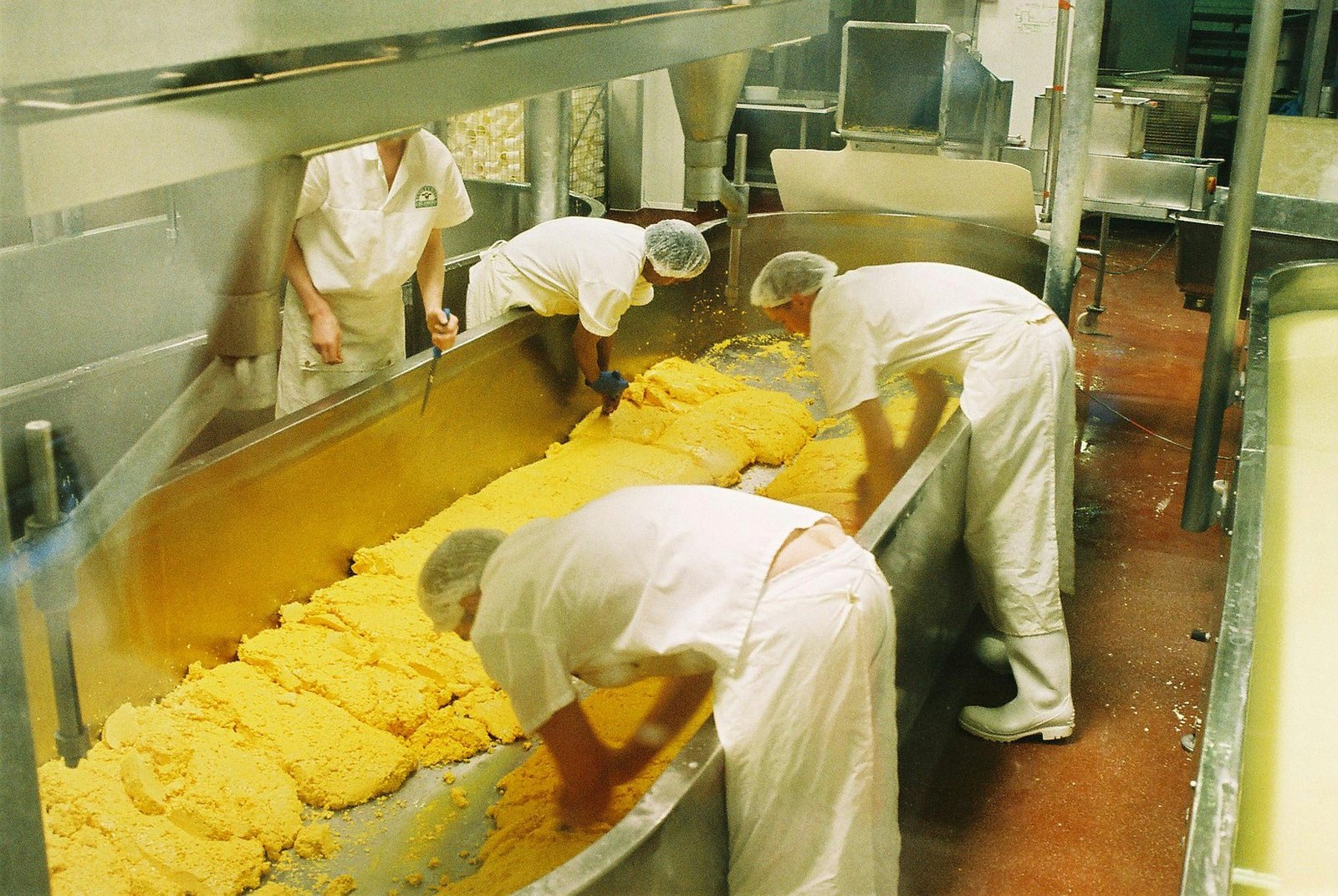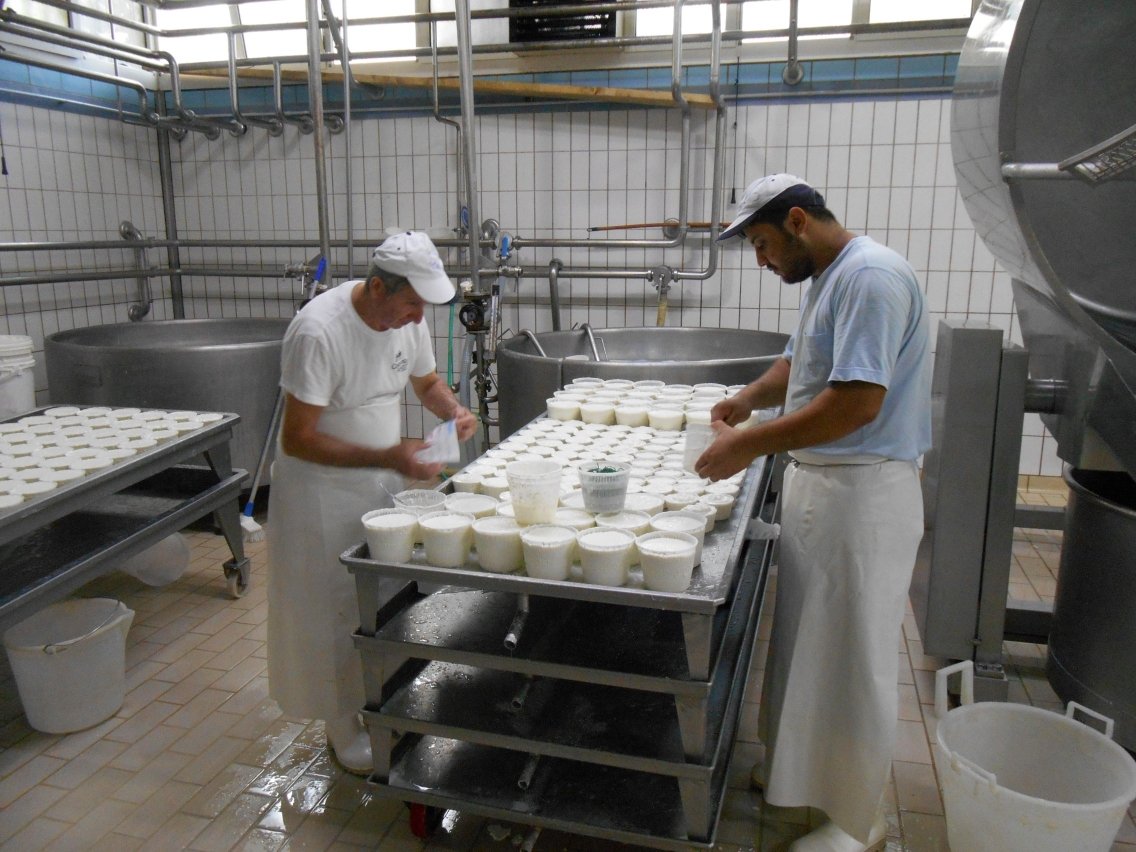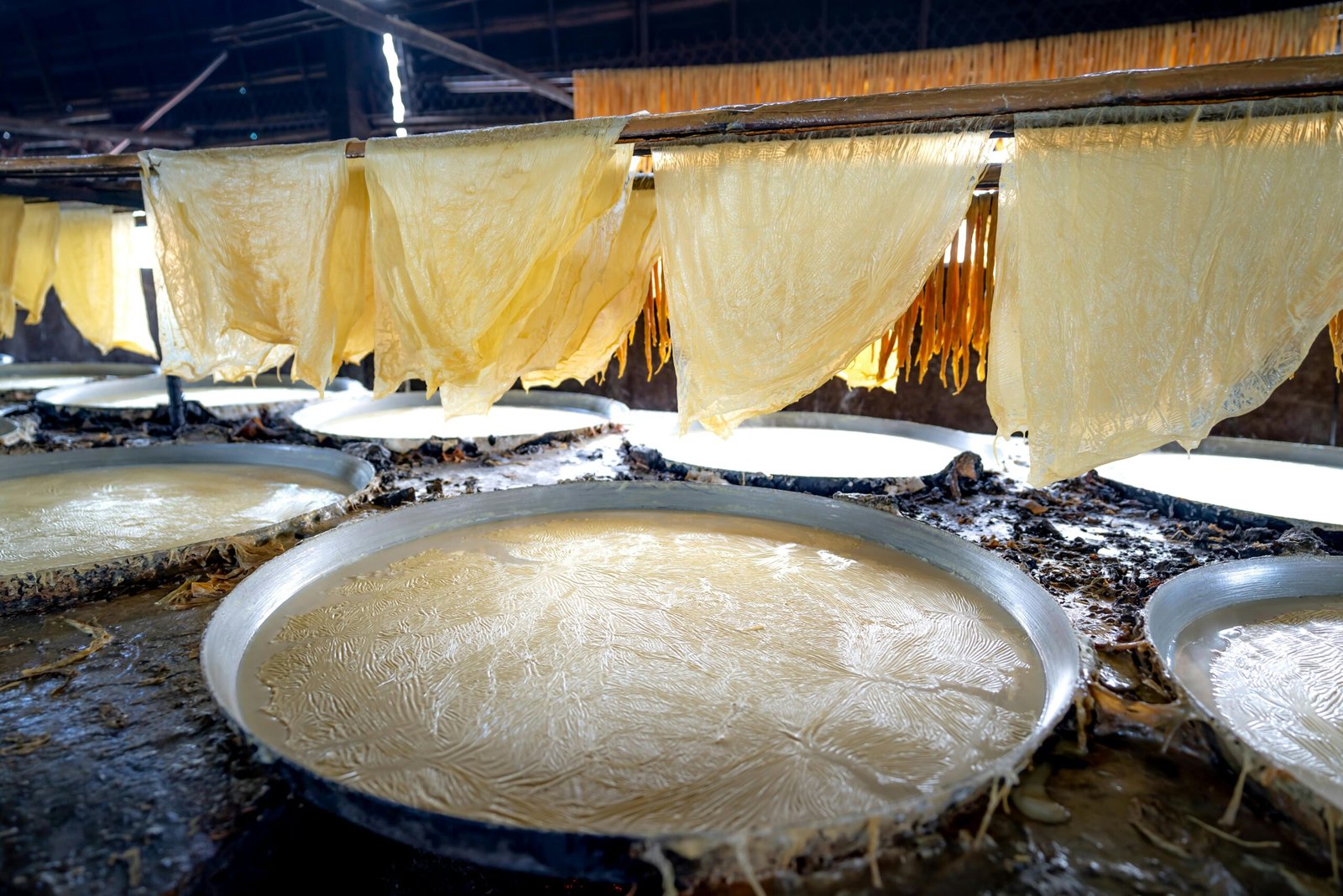Does ISO 22000 Really Improve Product Quality or Just Compliance?
When food manufacturers consider ISO 22000 certification, one common question arises:
👉 Does it truly improve product quality — or is it just about ticking compliance checkboxes?
Let’s unpack this in detail.

🔎 What ISO 22000 Actually Focuses On
-
Designed as a Food Safety Management System (FSMS)
-
Built on HACCP principles + management system requirements
-
Primary goal: prevent food safety hazards, not product taste or innovation
-
Ensures consistency, traceability, and regulatory compliance
✅ How ISO 22000 Supports Compliance
-
Provides a structured system for meeting legal food safety requirements
-
Requires hazard analysis and identification of Critical Control Points (CCPs)
-
Standardizes documentation, records, and monitoring
-
Aligns with global food safety regulations (Codex, GFSI benchmarks, etc.)
-
Helps avoid fines, recalls, or regulatory shutdowns
📌 Ways ISO 22000 Can Improve Product Quality
Although its primary purpose is safety, ISO 22000 also impacts quality indirectly:
-
Consistency in Processes
-
Standardized SOPs reduce variation in product outcomes
-
Less “hit-or-miss” production results
-
-
Improved Supplier Control
-
Qualification and monitoring of raw material suppliers
-
Better consistency of ingredients and packaging
-
-
Employee Training & Awareness
-
Staff follow clear hygiene and handling standards
-
Fewer mistakes that affect product quality
-
-
Preventing Cross-Contamination
-
Hygienic design and controls improve product integrity
-
Enhances shelf life and reduces spoilage
-
-
Traceability Systems
-
Faster identification of quality issues at source
-
Minimizes defective products reaching customers
-
-
Customer Confidence
-
Certification signals reliability
-
Builds trust in both safety and quality
-
⚠️ Limitations: What ISO 22000 Does Not Guarantee
-
It does not guarantee better flavor, appearance, or innovation
-
Focuses on safety and compliance, not branding or market preference
-
Product improvements depend on R&D and quality initiatives, not just ISO 22000

🌍 Why Small and Medium Food Businesses Still Benefit
-
Strengthens reputation with retailers, distributors, and international buyers
-
Opens access to export markets where ISO 22000 is expected
-
Provides a foundation for upgrading to FSSC 22000 or other GFSI schemes
-
Supports both compliance AND a culture of continuous improvement
💬 Final Thought:
ISO 22000 may not make your food taste better — but it ensures it’s safe, consistent, and trusted by global markets. By embedding food safety into every process, it indirectly enhances overall product quality and customer satisfaction.


